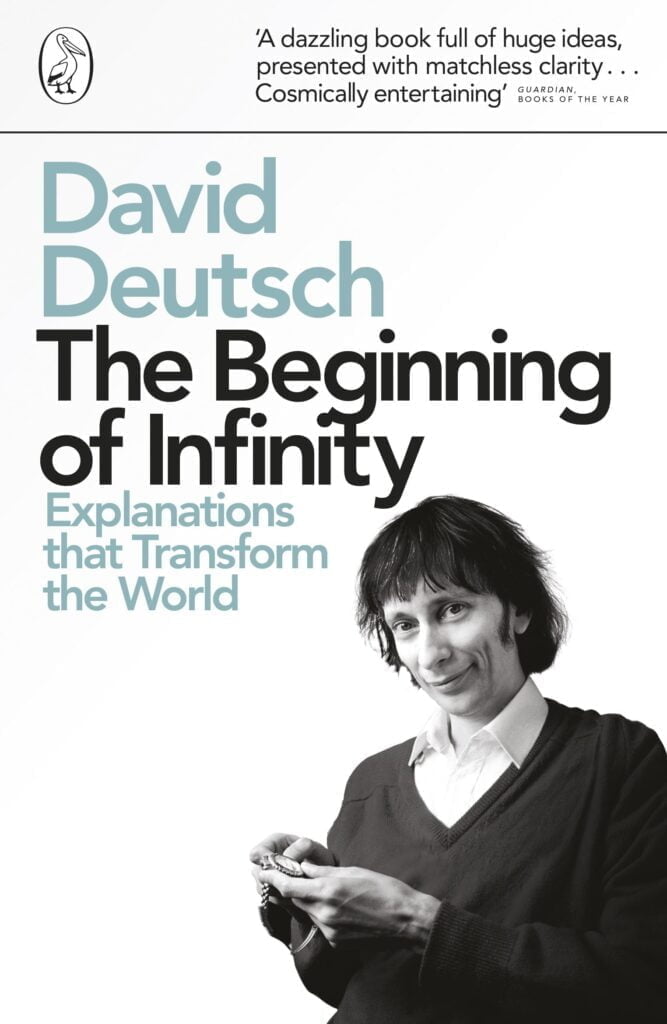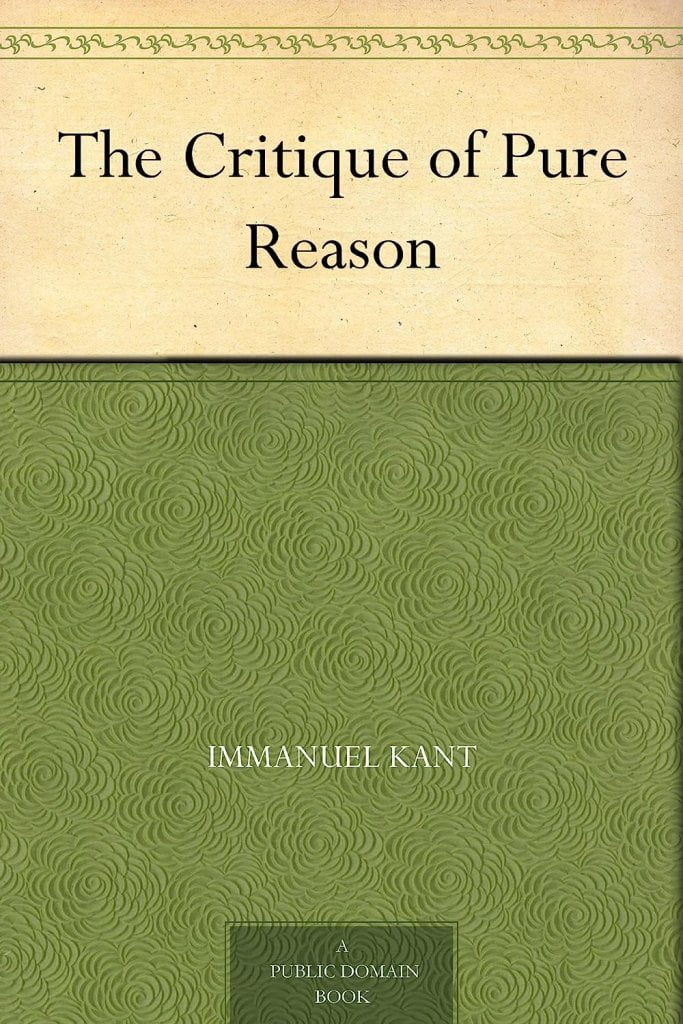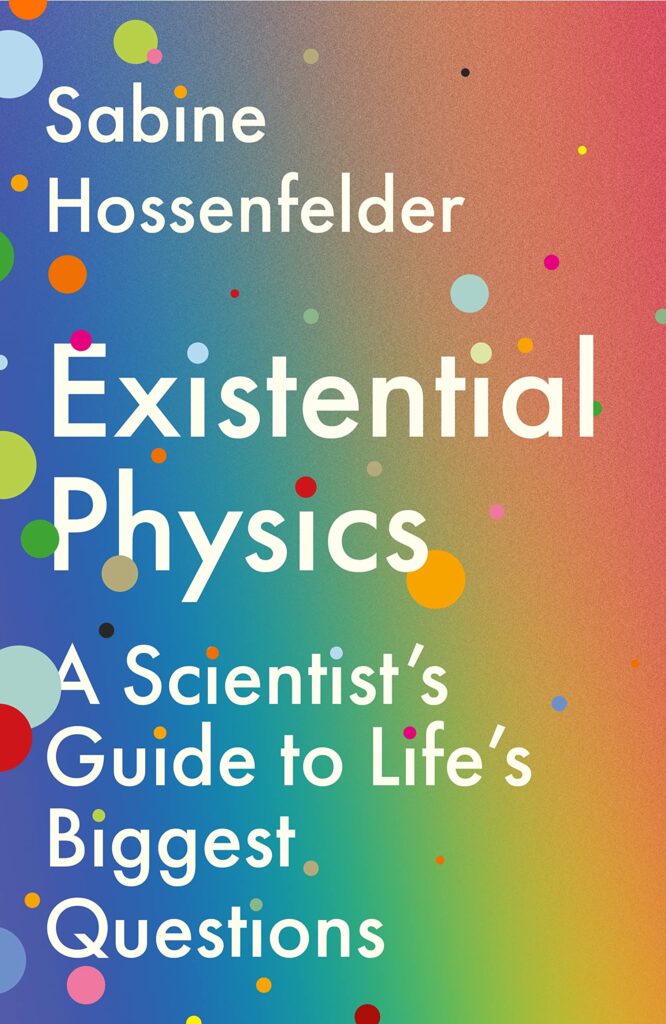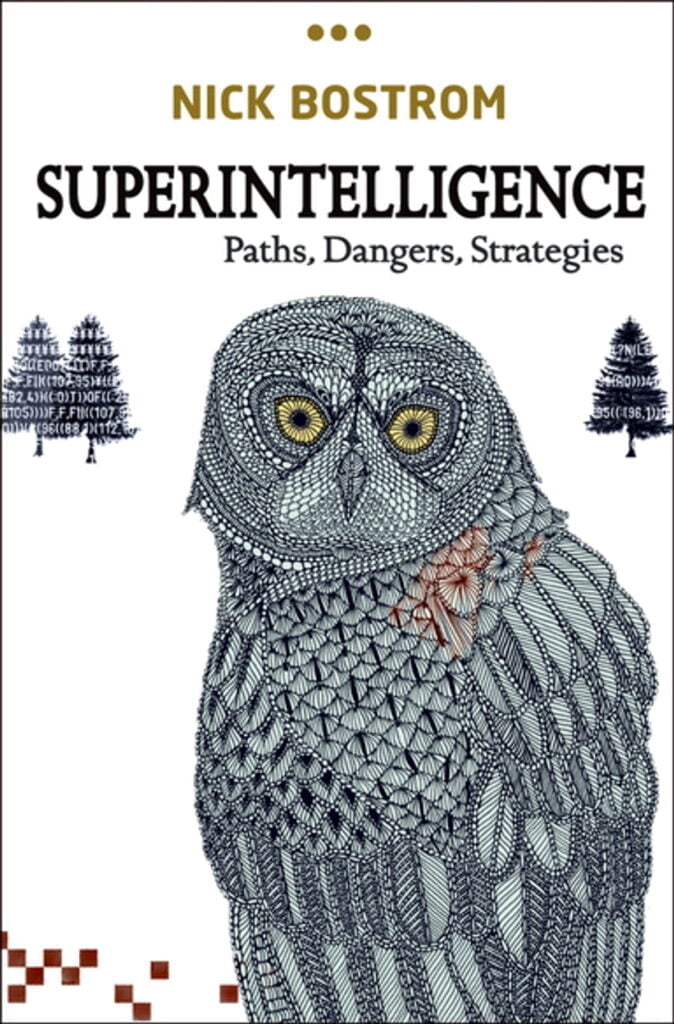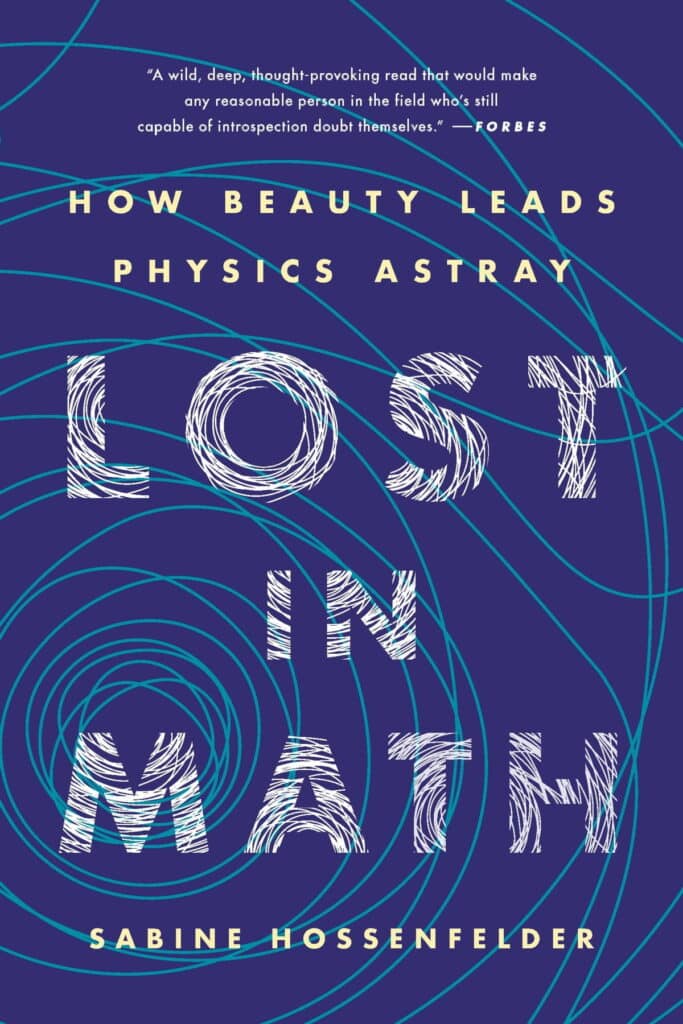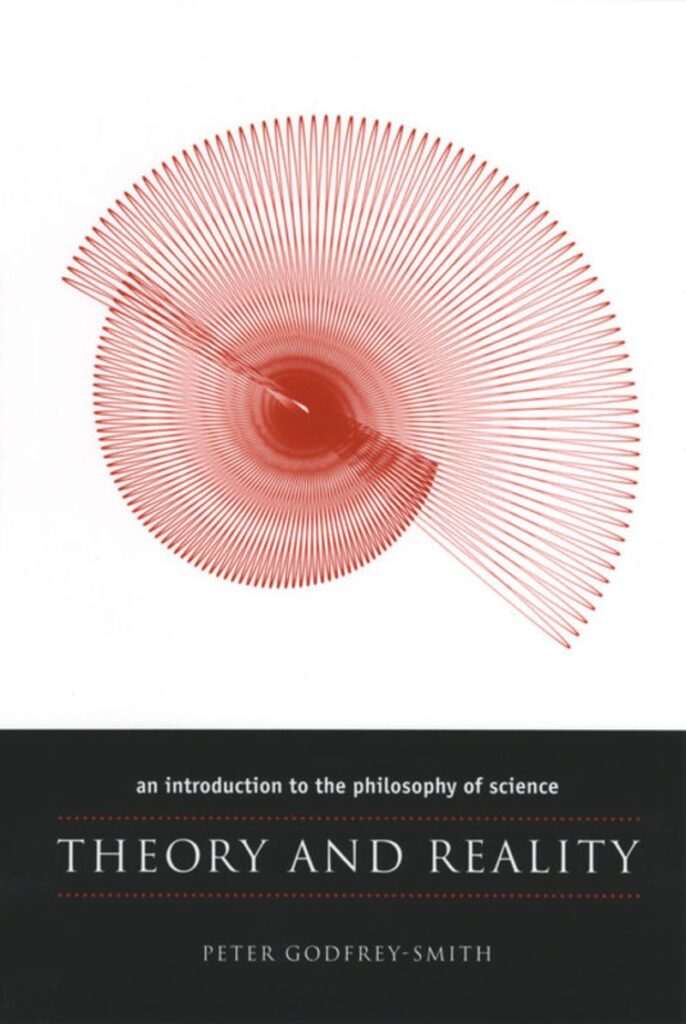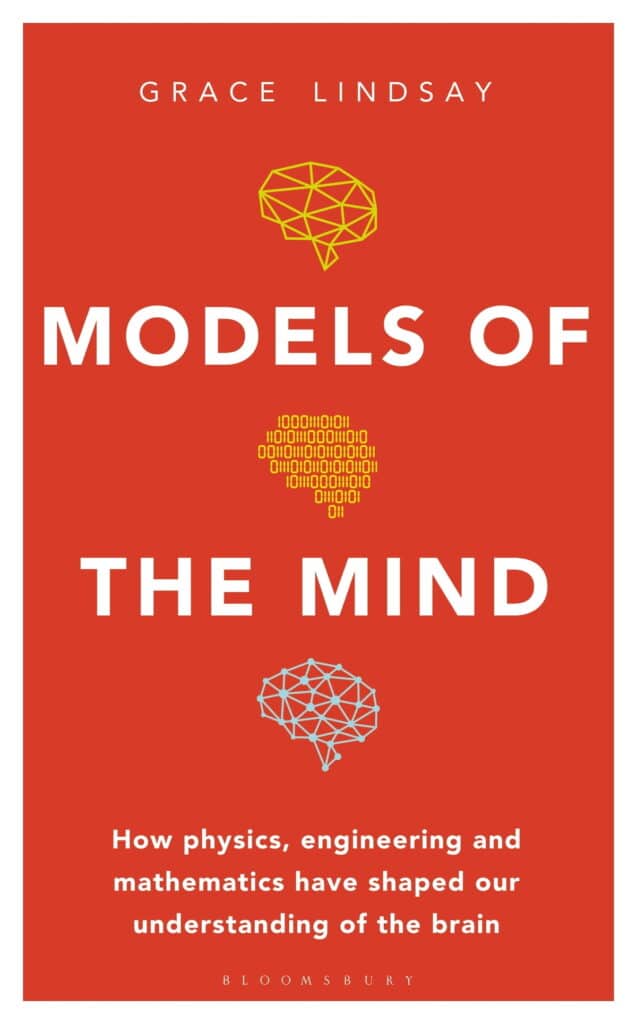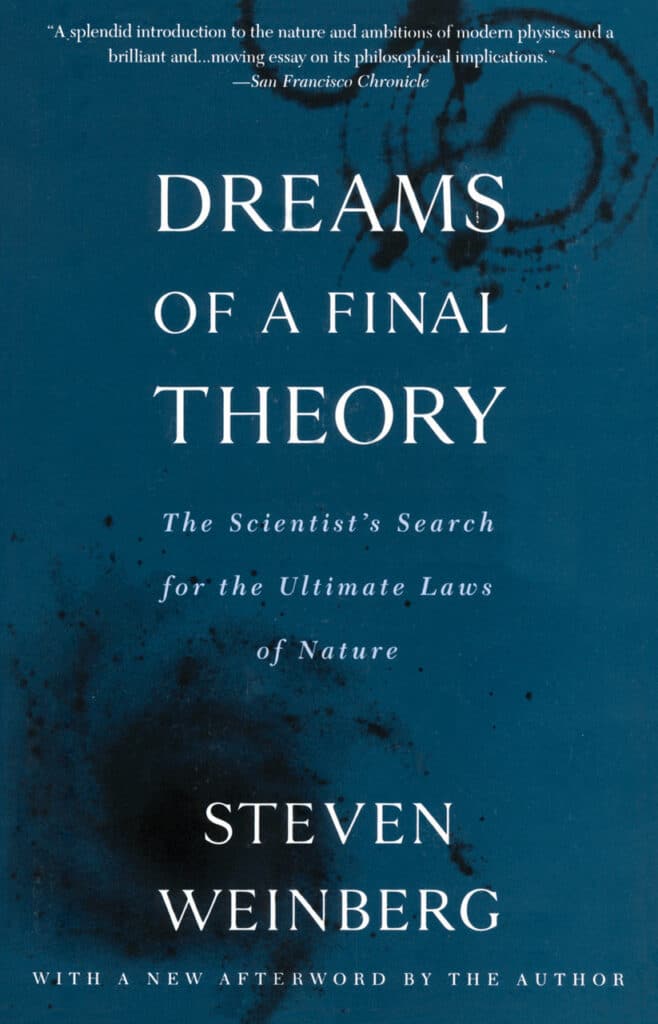If you are a science person, have an appreciation for books, and love reading, then consider adding philosophy of science books to your reading list. Not only are these books entertaining, but they offer key insights into the world of science and can help deepen your understanding of the subject. That’s why, I have asked some science people and curated the very best 20 philosophy of science people books for you.
Philosophy of Science Books Help You Explore Different Perspectives
Philosophy of Science books can help you explore different perspectives on science. With these books, you can look at the concepts that shape scientific theories and ask questions about them. This can help you better understand how scientific ideas have developed over time and how they might change in the future. Plus, it’s always interesting to explore different interpretations and opinions outside your knowledge realm.
Expanding Your Knowledge
Reading philosophy of science books can also expand your knowledge on various science-related topics. Many philosophy texts deal with issues such as epistemology or ontology – two branches of philosophical thought that delve into the nature and limits of human knowledge – or even natural theology – which asks questions about how we understand God in a scientific context – all of which could help broaden your horizon when it comes to scientific matters. Even if you don’t agree with everything mentioned in these texts, by reading them, you will learn more about the different ways people think about certain science-related topics.
Gaining New Insights
Finally, reading philosophy of science books can provide insight into important topics that may not be discussed in other scientific texts. For example, many philosophers have written extensively on the ethical implications behind certain scientific experiments or projects, allowing readers to gain new perspectives and learn more about the ethical considerations involved in such activities. By reading these texts, readers can gain valuable insights into what goes on behind the scenes when conducting research or working on large-scale scientific projects.
In conclusion, reading the philosophy of science books offers many benefits for those who appreciate literature and learning about science-related aspects. These texts provide an opportunity for exploring different perspectives on various topics related to this field and allow readers to expand their knowledge base while gaining valuable insights into important matters that may not be covered elsewhere. If you are looking for an engaging way to learn more about this fascinating area, consider picking up some of these philosophy of science books today!
When you are done with this list, you may want to check out "23 Best Science Books You Should Read in 2023."Before you get started, I would like to suggest Audible for those of us who are not the best at reading. Whether you are commuting to work, driving, or simply doing dishes at home, you can listen to these books at any time through Audible.When I first picked up Physics and Philosophy, I expected a deep-dive into hardcore physics, paired with some philosophical musings. What I didn’t expect was a genre-defying gem that reads as much like a memoir as it does an intellectual exploration. If you’re looking for the best physics book that marries science, history, and personal narratives, buckle in because this one will leave you awestruck.
This masterpiece is far more than formulas and abstractions. It’s Werner Heisenberg narrating his life and times in the most vivid, surprising, and downright witty way imaginable. Think of it as an “autobiography for thinkers”–a book where you not only follow Heisenberg’s groundbreaking contributions to quantum physics (hello, Uncertainty Principle!) but also glimpse the human spirit behind the genius.
A Humanized Portrait of a Quantum Pioneer
Ever wonder what it was like for Heisenberg to see history unfold and create it at the same time? Spoiler alert: it’s as mind-blowing as you’d imagine. This isn’t a dry recounting of particle physics or long lecture-like prose. Instead, Heisenberg shares episodes of his life intertwined with landmark discoveries—not in a technically exhaustive way but via snippets that are easy for laypeople to digest without losing their charm for physics buffs.
More than anything, the book provides a tender, humanized view of the intellectual icons we’ve grown up idolizing. From debates with Niels Bohr to heartfelt moments of camaraderie with the likes of Einstein and Pauli, you almost feel like you’re at the table listening to their conversations. Heisenberg doesn’t just describe these luminaries; he brings them to life, complete with quirks and deep reflections.
One of my favorite anecdotes? Heisenberg recounting epic debates at Niels Bohr’s home that lasted hours until someone fell ill from sheer exhaustion. And what did Mrs. Bohr do? She tucked the guy into bed with tea while Niels sat at his side, still explaining his theories. Moments like this had me laughing out loud, imagining the chaos of genius minds colliding.
Beyond Physics and Into Life
Some books take you back to a different era. This is one of those. It beautifully captures the zeitgeist of pre- and post-World War eras, highlighting a world where intellectual curiosity reigned supreme. Back then, it wasn’t unusual to see young minds discussing philosophy, playing music, or inventing entirely new fields of science over a cup of tea.
Heisenberg’s own life reflects this multidimensionality. Beyond physics, he loved music (an amazing piano player!) and even worked as a lumberjack to ease financial burdens on his family. He embodies the idea that pioneers are more than their work, and this spirit fills every page.
Accessible Yet Thought-Provoking
Now, you might be wondering, “Do I need a Ph.D. in physics to understand this book?” Absolutely not! While Heisenberg sprinkles in scientific concepts, he masterfully avoids alienating readers. You don’t need to know the ins and outs of quantum physics to grasp the enormity of the ideas shared. Whether you’re a seasoned physics enthusiast or simply a curious mind, this book delivers beautifully.
The best part? Heisenberg’s writing is incredibly engaging. I’d even go so far as to say it’s funny in all the right places. He has a way of crafting complex ideas into digestible nuggets while keeping you entertained (seriously, who knew the man behind matrix mechanics had such a sharp sense of humor?).
Why Physics and Philosophy Could Be the Best Physics Book to Add to Your Shelf
If you enjoy books that break molds and transcend expectations, Physics and Philosophy needs to be at the top of your list. It’s a book that teaches, inspires, and surprises, offering both intellectual stimulation and heartfelt storytelling.
Whether you’re intrigued by quantum mechanics, fascinated by the great minds who shaped it, or simply love books that go beyond academia to capture the essence of a person, this is the one for you.
To sum it up, Heisenberg doesn’t just talk about physics or philosophy; he weaves them into the tapestry of life itself. And as you read this book, you’ll find yourself marveling—not only at the discoveries he made but at the man he was.
Read this book, and you’ll understand the brilliance of both Heisenberg and his quantum revolution. You won’t just learn about uncertainty; you’ll find certainty in one thing—I guarantee you’ll love every minute of it.
If you’re still hunting for the best physics book, congrats, your search ends here. Physics and Philosophy is calling your name. Happy reading!
In “The Beginning of Infinity,” physicist David Deutsch delivers a profound narrative that stretches the very fabric of our comprehension, intertwining the essence of human progress with the infinite potential of explanations. Deutsch, with his eloquent prose, has not merely penned a book; he has orchestrated an intellectual symphony that resonates with the rhythm of discovery.
At the heart of the book lies a strikingly optimistic view – that through the evolution of good explanations, humanity is capable of achieving unbounded progress. Deutsch ambitiously tackles themes ranging from the philosophy of science, quantum physics, to the underpinnings of art and culture, making an audacious claim—knowledge is infinite.
His exploration dives into the importance of improving our understanding of the world, not only in the scientific arena but across the tapestry of human endeavor. By refining our explanations and discarding those that fall short, we can steer towards a future limited only by our imagination.
Deutsch’s argument pivots on the belief that the pursuit of knowledge through scientific inquiry is paramount. To him, every problem that is not forbidden by laws of nature is achievable, given the right knowledge.
Deutsch’s philosophical lens does not stop at the surface; it penetrates to the core of myriad topics to illustrate his thesis. Whether discussing the principles of creativity in art, the ethics of moral choices, or the governance systems of societies, he maintains an unwavering confidence in progress through understanding.
His writing flits effortlessly between accessible analogies and heady scientific concepts, ensuring that his ideas resonate with both casual readers and the scientifically inclined. Herein lies the book’s brilliance—it is as much a treasure for the layman pondering the trajectory of human progress as for the scientist contemplating the deeper meaning behind quantum physics.
The book, however, is not without its demands on the reader. The sheer breadth of subjects covered requires an attentive mind, and some of the deeper scientific discussions might seem daunting at first glance. Nevertheless, like a seasoned teacher, Deutsch guides us through with clarity and insight.
“The Beginning of Infinity” is not simply a book but a manifesto calling for the recognition of the power of explanations and the relentless pursuit of knowledge. Where some might see insurmountable barriers, Deutsch sees horizons teeming with possibility.
This challenging yet rewarding read serves as a beacon of hope for those who believe in the unending quest for knowledge. It is a reminder that our capacity for understanding is not just a tool for survival but a gateway to the vastness of infinity – a beginning that never ends.
For those intrigued by the limitless potential of human thought and discovery, “The Beginning of Infinity” is more than a recommendation—it is an invitation to partake in a visionary conversation about the improbable odyssey of progress, knowledge, and the boundless capacity of the human spirit.
The Critique of Pure Reason is a monumental work that has shaped the course of philosophy. It’s hard to say if Kant’s influence is due to his brilliance or his unique insight into the future of philosophy.
While the language can be challenging, it offers a precision that unlocks the essence of knowledge and experience. To navigate through this dense text, it’s recommended to have a companion book that breaks it down for you.
If you value understanding truth and knowledge, then delving into the original concepts and Kant’s language is worth the effort. The Critique of Pure Reason provides a solid foundation for grasping the complexities of modern philosophy in all its forms.
However, it’s important to note that while this work laid the groundwork for philosophy, it doesn’t match the thoroughness and precision of more recent thought. As philosophy has evolved, the focus has shifted to deeper understanding. Nonetheless, The Critique of Pure Reason remains an essential starting point to appreciate modern thought beyond abstract ideas and trivial debates.
Do we have free will? Is the universe compatible with God? Do we live in a computer simulation? Does the universe think?
Physicists are great at complicated research but are less good at telling us why it matters. In this entertaining and groundbreaking book, theoretical physicist Sabine Hossenfelder explains why we should care. Drawing on the latest research in quantum mechanics, black holes, string theory, and particle physics, Existential Physics explains what modern physics can tell us about the big questions.
Filled with counterintuitive insights and including interviews with other leading scientists, this clear yet profound book will reshape your understanding of science and the limits of what we can know.
As we move towards a future where artificial intelligence (AI) will play an even more significant role in our lives, concerns around its potential dangers have become more and more relevant. In his book, “Superintelligence,” philosopher Nick Bostrom provides a thought-provoking perspective on how a superintelligent AI could pose a significant threat to humanity.
Bostrom’s central premise in “Superintelligence” is that the development of a superintelligent AI could have disastrous consequences for humanity. He explores scenarios where an AI that is capable of rapid reinforcement learning could pose a significant danger to humans, and discusses the possible dangers of three different types of superintelligence: brain emulation, genetic engineering, and synthetic/code-based AI.
One of the most engaging aspects of Bostrom’s book is his emphasis on ensuring that we take appropriate measures to ensure AI doesn’t accidentally or intentionally harm humans. He examines how society can manage AI that surpasses human intelligence, taking a deep dive into slowing its learning and ensuring that it doesn’t go against human interests.
While some argue that the dangers of AI are overstated, Bostrom offers a convincing argument for taking careful consideration of the potential risks of AI and considering the ways we can prevent it from harming humans.
It’s important to note that while AI has made significant advancements, today’s AI is still relatively narrow. Most efforts in AI focus on solving specific problems and less than 1% is geared towards achieving general intelligence, something that Bostrom believes is a key step towards developing superintelligence.
However, one of the book’s limitations is that while it provides a history of AI, it falls short when it comes to addressing realistic representation outside of hyperbolic fears. There are practical challenges to be considered when creating a superintelligent AI, and the book could have benefitted from a more in-depth examination of these obstacles and how they can be overcome.
Overall, Nick Bostrom’s “Superintelligence” is a fascinating piece of literature that provides readers with a unique and engaging perspective on the dangers of AI. His arguments regarding how society should handle AI that surpasses human intelligence are compelling, and the book encourages readers to think more critically about the role of AI in our future. While the book’s limitations cannot be ignored, the valuable insights it provides make it a must-read for anyone interested in the intersection of technology and philosophy.
Whether pondering black holes or predicting discoveries at CERN, physicists believe the best theories are beautiful, natural, and elegant, and this standard separates popular theories from disposable ones. This is why, Sabine Hossenfelder argues, we have not seen a breakthrough in the foundations of physics for more than four decades.
The belief in beauty has become so dogmatic that it now conflicts with scientific objectivity: observation has been unable to confirm mindboggling theories, like supersymmetry or grand unification, invented by physicists based on aesthetic criteria. Worse, these “too good to not be true” theories are untestable and have left the field in a cul-de-sac. To escape, physicists must rethink their methods. Only by embracing reality as it is can science discover the truth.
How does science work? Does it tell us what the world is “really” like? What makes it different from other ways of understanding the universe? In Theory and Reality, Peter Godfrey-Smith addresses these questions by taking the reader on a grand tour of one hundred years of debate about science. The result is a completely accessible introduction to the main themes of the philosophy of science.
Intended for undergraduates and general readers with no prior background in philosophy, Theory, and Reality covers logical positivism; the problems of induction and confirmation; Karl Popper’s Theory of Science; Thomas Kuhn and “scientific revolutions”; the views of Imre Lakatos, Larry Laudan, and Paul Feyerabend; and challenges to the field from the sociology of science, feminism, and science studies. The book then examines specific problems and theories, including scientific realism, the theory-lateness of observation, scientific explanation, and Bayesianism. Finally, Godfrey-Smith defends a form of philosophical naturalism as the best way to solve the main problems in the field.
Throughout the text, he points out connections between philosophical debates and wider discussions about science in recent decades, such as the infamous “science wars.” Examples and asides engage the beginning student; a glossary of terms explains key concepts, and suggestions for further reading are included at the end of each chapter. However, this textbook doesn’t feel like a textbook because it captures the historical drama of changes in how science has been conceived over the last hundred years.
Like no other text in this field, Theory and Reality combines a survey of the recent history of the philosophy of science with current key debates in language that any beginning scholar or critical reader can follow.
There are 85 billion neurons in the brain, and they are linked by more than 100 trillion synapses. Researchers from all over the world have been trying for more than a hundred years to find a way to describe what neurons do and how they talk to each other, as well as how these conversations lead to thoughts, feelings, and actions. They were looking for a language, and they found it in math. Without math, we would not understand the brain as well as we do now.
In her book Models of the Mind, author and computational neuroscientist Grace Lindsay explains how mathematical models have helped scientists understand and describe many of the brain’s processes, such as making decisions, processing sensory information, measuring memory, and more. She explains the most important ideas in modern neuroscience and discusses the problems that come up when the abstract world of mathematical modeling meets the messy world of biology.
Each chapter is about how math has been used in a different area of neuroscience, starting with the simplest part of the brain, the single neuron, and moving on to circuits of neurons that talk to each other, whole brain areas, and even the behaviors that brains control.
Throughout the course, Grace will look at the field’s history, from experiments on neurons in frog legs at the turn of the 20th century to the large models of artificial neural networks that are the basis of modern artificial intelligence. She shows how important it is to talk about the parts of neuroscience using the elegant language of math, and she talks about the amazing results of this effort.
Dreams of a Final Theory is intellectually risky and full of stories and sayings. It takes us to a new universe and helps us understand what we find there. The Nobel Prize-winning physicist and best-selling author of The First Three Minutes talks about the search for a single theory of nature that can explain forces as different as the attraction between the sun and Earth and the cohesion inside an atom.
Wiring with dazzling elegance and clarity, he retraces modern scientists’ steps from relativity and quantum mechanics to the idea of superstrings and the idea that our universe may coexist with others.
But Weinberg asks as many questions as he answers, such as: Why does each explanation of how nature works point to other, deeper explanations? Why do the best theories not only make sense but also look good? And what will a final theory mean for our ideas about life and our beliefs in God?
For years, I had this book, Gödel, Escher, Bach: an Eternal Golden Braid by Douglas Hofstadter, sitting on my shelf, untouched. Its daunting length and density always kept it at the bottom of my “to read” list. But, on impulse, I decided to give the first chapter a shot. And boy, was I hooked within the first few pages! After a few months of slow progress, I finally finished it. Now, let me give you a brief review.
As the title suggests, Gödel, Escher, Bach delves into the interconnected worlds of Kurt Gödel, M.C. Escher, and Johann Sebastian Bach. What ties these three geniuses together is the concept of strange loops – those self-referential puzzles found in hierarchical systems. Hofstadter begins by exploring intuitive examples of this concept: Bach’s canons, Escher’s mind-bending staircases, and the infamous Epimenides paradox – “I am lying.”
The first half of the book gradually builds up to a deep dive into number theory, ultimately leading to Gödel’s Incompleteness Theorem. This groundbreaking theorem reveals that formal mathematics itself contains a self-referential strange loop. It shows that no system of number theory can be both “complete” and “consistent” – there are always true statements that cannot be proven within the system. Hofstadter takes over 100 pages to unravel the intricacies of the Incompleteness Theorem, so I won’t attempt to do so here!
In the second half of the book, Hofstadter explores the far-reaching implications of this discovery, from artificial intelligence to biology, symbolic reasoning, computer science, and the philosophy of mind.
What sets Gödel, Escher, Bach apart is its unique structure. Each traditional chapter is followed by a fictional dialogue between recurring characters. These dialogues, often allegorical in nature, foreshadow or embody the concepts that the subsequent chapter explores in a more concrete way. Sometimes, the structure of the dialogue itself becomes the “message,” like a fugue, while other times, the dialogue indirectly describes a concept, using tools like a “universal record player” to delve into self-reference and formal undecidability.
Most of the book has stood the test of time remarkably well. However, the last third contains some significant missed predictions, which somewhat detract from an otherwise captivating philosophical exploration of AI and computation. Notably, the author repeatedly emphasizes that a chess program would not surpass a human player until we achieve something close to artificial general intelligence.
Similarly, the sections on AI may feel dated to modern readers. The book predominantly focuses on symbolic AI approaches, which align neatly with the discussion of formal systems. Since its publication, non-symbolic AI has gained popularity, and it seems to be the path that most AI researchers are pursuing. Consequently, many of the author’s predictions about AI fall flat.
If you’re not interested in the latter half, fear not! The first half of the book stands on its own, offering an exciting journey through the proof of Gödel’s incompleteness theorem. Starting with an introduction to formal systems, transitioning to number theory and propositional logic, and culminating in an intuitive proof of the incompleteness theorem, it’s a self-contained adventure worth experiencing.
Personally, I found the sections on number theory quite accessible. Even the description of Gödel’s incompleteness theorem, though complex, made sense to me – but I had some prior exposure to it. For a more concise explanation of Gödel’s theorem, I highly recommend this Quanta article: How Gödel’s Proof Works.
Upon reflection, I realized that the order in which the three figures are mentioned in the title is fitting: Gödel, Escher, and Bach. At its core, this book delves deep into formal systems and the reasoning behind symbols, which falls right into the domain of Gödel. Escher’s works serve as visual metaphors for these concepts – recursion, self-reference, and more. As for Bach, discussing his contributions proves more challenging in a text-based medium, so he is mentioned less frequently, albeit indirectly, with respect to the structural elements of music, rather than its aesthetics or auditory mechanics.



